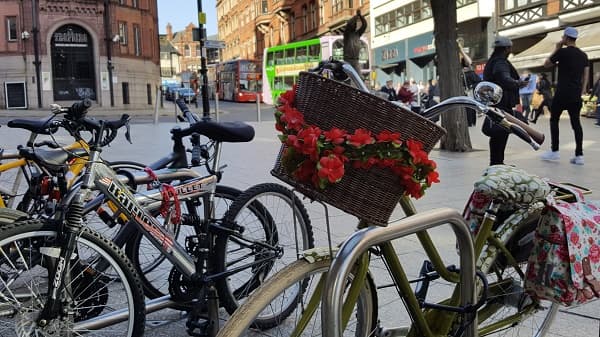Smarter Choices, Smarter Places
The Scottish Government funded the ‘Smarter Choices, Smarter Places’ (SCSP) behaviour change programme to help save people money, improve their health, build stronger communities and improve the environment.
Alongside Aberdeen University and Derek Halden Consultancy, ITP’s role was to evaluate the SCSP programme to establish whether, how, and where benefits were achieved - and to identify ways of improving delivery. An extensive quantitative survey programme; including area-wide travel diary surveys, telephone surveys, local data collection and user consultation initiatives, formed the basis of the evaluation. Our team members worked closely with local delivery teams in the participating towns of Barrhead, Kirkintolloch, Dumfries, Dundee, Glasgow East, Kirkwall, and Larbert-Stenhousemuir.
The findings from our research have informed the continued delivery of the Smarter Choices, Smarter Places programme in additional towns and cities across Scotland.




